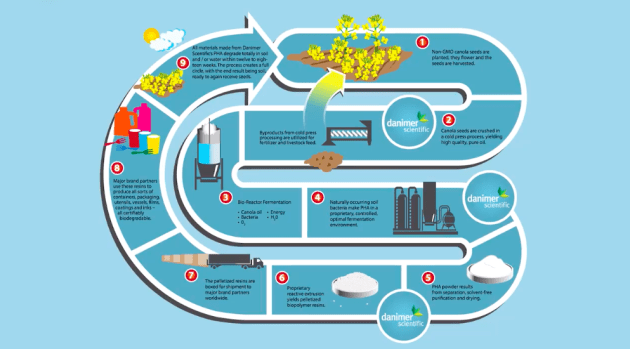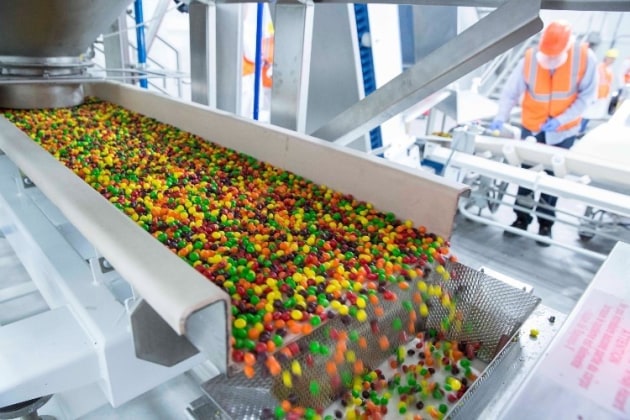Multinational snack and confectionery maker, Mars Wrigley, will partner with Danimer Scientific, a leading developer and manufacturer of biodegradable materials, over the next two years to develop an innovative, home compostable packaging solution for its range of products.
Mars Wrigley says it will leverage the company’s global portfolio of treats and snacks to enable consumers to compost at home, working together with consumers and supply chain partners to deliver and eco-friendly solution.
The first product expected to implement this new packaging is the Mars Wrigley's Skittles brand in the US, rolling out in late 2021 or early 2022, before ultimately making its way into packaging for its other products and in additional markets.
Danimer Scientific’s signature packaging material – Nodax polyhydroxyalkanoate (PHA) – is produced through natural fermentation processes using plant oils, such as soy and canola, and biodegrades in both soil and marine environments, according to the company.
The partnership aims to introduce Nodax PHA into flexible and rigid packaging that reliably breaks down in both industrial composting facilities and backyard compost units, offering an enhanced value proposition for environmentally conscious consumers and retailers.
According to Danimer Scientific, Nodax PHA can serve as an alternative to traditional petrochemical plastic and has been certified as biodegradable in soil and marine environments. In addition to better end-of-life options, Nodax PHA is renewably sourced, making it a truly circular material, the company said.
“Expectations for sustainable packaging vary from market to market, making it essential for new materials to be adaptable in meeting different standards without sacrificing quality,” explains Stephen Croskrey, Danimer Scientific CEO.
“PHA provides a versatile platform for manufacturing material that is renewably sourced and leaves a minimal impact on the environment upon disposal. We look forward to working with Mars Wrigley in fighting the global crisis of plastic waste.”

The joint development agreement is a key component of Mars Wrigley’s comprehensive strategy to transform its packaging portfolio to support a circular economy and to drive progress against its goal of 100 per cent reusable, recyclable or compostable packaging by 2025.
“The impact of plastic on nature is one of the major sustainability challenges of our generation. There are no simple solutions and transformational innovation is necessary. We have to think and act differently,” says Alastair Child, Mars Wrigley vice-president of global sustainability.
“Collaborating with Danimer to advance this breakthrough technology represents a major step to creating positive societal impact and better environmental outcomes across the full lifecycle of small, flexible packaging.”
Mars says it will continue to evaluate opportunities to scale this sustainable packaging technology across its entire portfolio of brands and categories.







